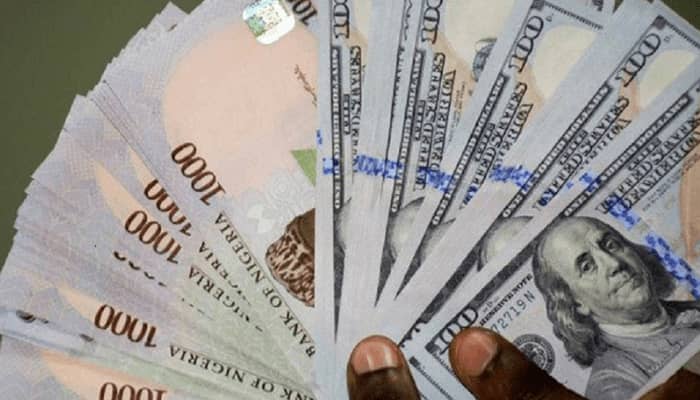The naira took a hit on Wednesday, exchanging at N1,507.83 to the dollar in the official foreign exchange market. This change came amid a surge in liquidity, with the country pulling in $24 billion in foreign exchange inflows during the first quarter of 2024.
By the close of trading on Wednesday, the naira had slipped by 0.47%, quoted at N1,507.83 compared to N1,500.79 on Tuesday at the Nigerian Autonomous Foreign Exchange Market (NAFEM), as reported by FMDQ Securities Exchange Limited.
There was a significant rise in the supply of dollars by both willing buyers and sellers, jumping 28.9% to $176.39 million on Wednesday from $136.75 million the previous day.
The naira saw an intraday high of N1,523 per dollar on Wednesday, a climb from N1,507 the day before. The intraday low stood at N1,430.91, slightly up from N1,426 per dollar on Tuesday.
On the parallel market, commonly referred to as the black market, the naira traded between N1,498 and N1,505 per dollar.
In an interview with Bloomberg, Central Bank of Nigeria (CBN) Governor Olayemi Cardoso shared that the country had attracted a total foreign exchange inflow of $24 billion over the first three months of 2024.
Nigeria’s external reserves, which enable the apex bank to support the naira, increased by 2.97% from the start of the year. As of June 25, 2024, reserves stood at $33.70 billion, up from $33.01 billion on January 2, 2024, according to CBN data.
June 2024 alone saw the Nigerian economy draw in approximately $5.95 billion from sources like the World Bank and Afreximbank.
Foreign exchange inflows come from various channels including exports, foreign direct investment (FDI), remittances, foreign aid, and portfolio investment. When Nigeria sells goods and services internationally, it earns foreign currency. FDI involves investments from foreign entities in local businesses, such as setting up factories, buying property, or acquiring stakes in domestic companies.
Cardoso highlighted that the foreign exchange inflows for the first quarter of 2024 were about 50% higher than those recorded in prior quarters up to 2021.
The CBN governor emphasized that the bank’s monetary policy tools are effectively improving the FX market. “These tools are having a positive impact. Therefore, we believe that by continuing on this path, liquidity will continue to grow,” Cardoso stated.




